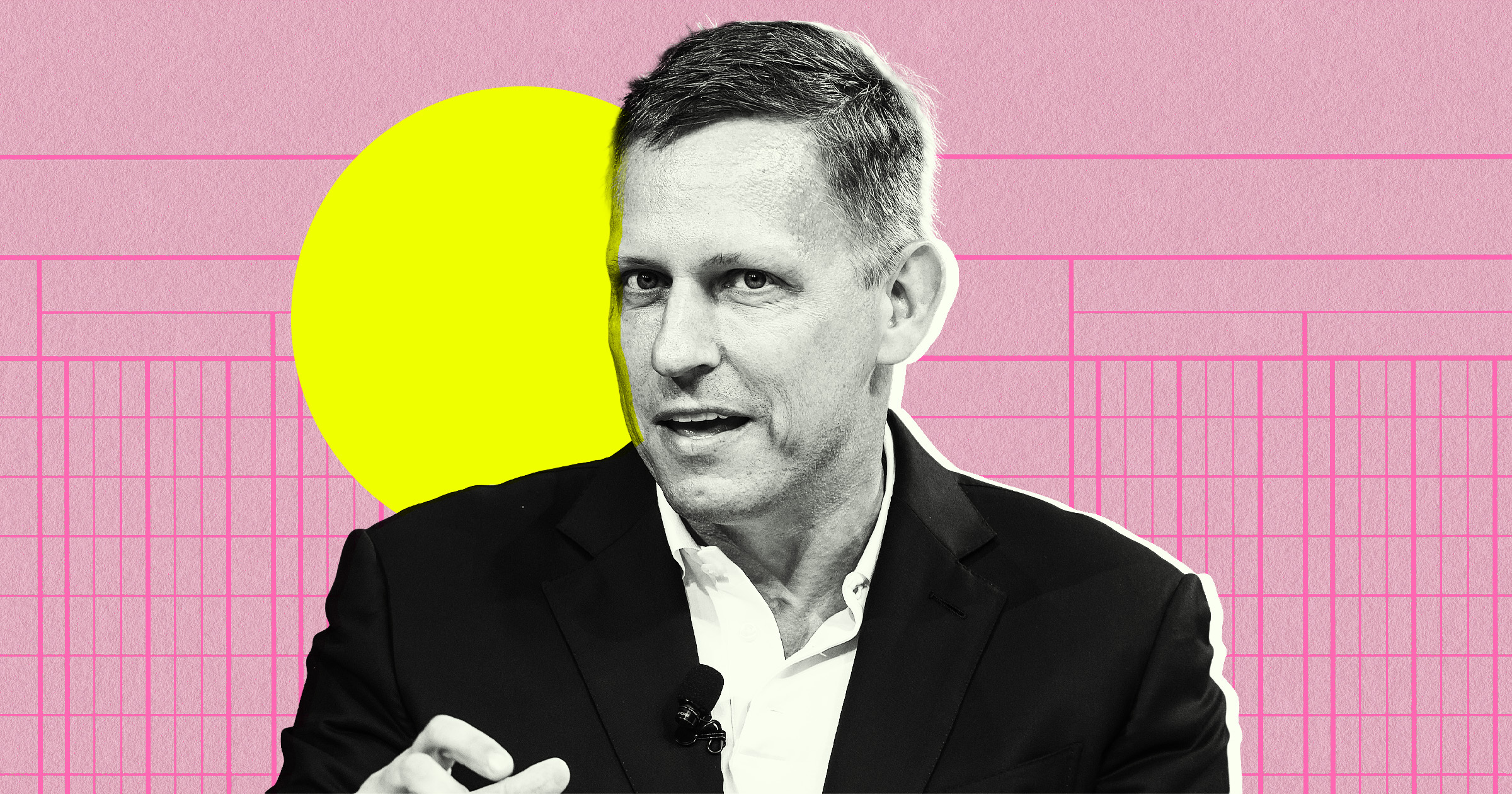PayPal and Palantir cofounder Peter Thiel has become a controversial figure, known for his unconventional ideological beliefs and significant financial influence. Recent leaked audio has raised questions about his mental state, as he appears to express a literal belief in the concept of the “Antichrist,” a figure referenced in biblical texts. This development has alarmed observers and sparked discussions about the implications of his views.
In a private appearance, Thiel discussed his thoughts on the Antichrist, suggesting that this entity may already be present in the world. He speculated on potential candidates, including climate activist Greta Thunberg and AI critic Eliezer Yudkowsky, both of whom oppose his ideological stance. This line of thinking drew criticism, with many perceiving it as a troubling indication of Thiel’s mindset.
Thiel’s comments about the Antichrist reflect a blend of religious symbolism and personal interpretation. He remarked, “Some people think of [the Antichrist] as a type of very bad person… What I will focus on is the most common and most dramatic interpretation of Antichrist: an evil king or tyrant or anti-messiah who appears in the end times.” His assertion that the Antichrist could be among us suggests a concerning preoccupation with apocalyptic themes.
Observers have noted a disconcerting pattern in Thiel’s thinking. His connections to technology and surveillance through investments in companies like Palantir raise ethical questions. Critics argue that his fascination with the Antichrist aligns with a broader narrative about power and control. The New York Times journalist Ross Douthat confronted Thiel on this issue, stating, “…when you tell me a story about the Antichrist coming to power and using the fear of technological change to impose order on the world, I feel like that Antichrist would maybe be using the tools that you are building.”
Thiel’s response was hesitant. “Look, there are all these different scenarios,” he said, seemingly caught off guard. His inability to address the implications of his investments in technology and surveillance in light of his remarks about the Antichrist highlights the cognitive dissonance surrounding his beliefs.
The fascination with the Antichrist has led to broader discussions about the intersection of wealth, power, and mental health. Thiel’s wealth affords him a level of influence that can shape political and technological landscapes. The combination of his financial power and unconventional beliefs raises concerns about the potential impact on society.
Moreover, this episode underscores a broader societal issue: the relationship between wealth and accountability. Thiel’s financial resources allow him to pursue controversial ideologies without typical societal checks. The implications of his views extend beyond personal eccentricity, potentially affecting governance and public policy.
As debates continue around Thiel’s statements and beliefs, it is crucial to consider the broader context. The potential ramifications of a powerful individual espousing radical views about figures like the Antichrist pose questions about the intersection of technology, ethics, and governance. In a world increasingly reliant on technological advancements, the responsibility of those in power cannot be understated.
Thiel’s recent comments reveal not just an individual grappling with complex ideas, but a larger narrative about the responsibilities of influential figures in shaping societal norms and values. The continuing discourse surrounding his beliefs will likely evolve, reflecting the ongoing tensions between ideology, power, and public perception.







